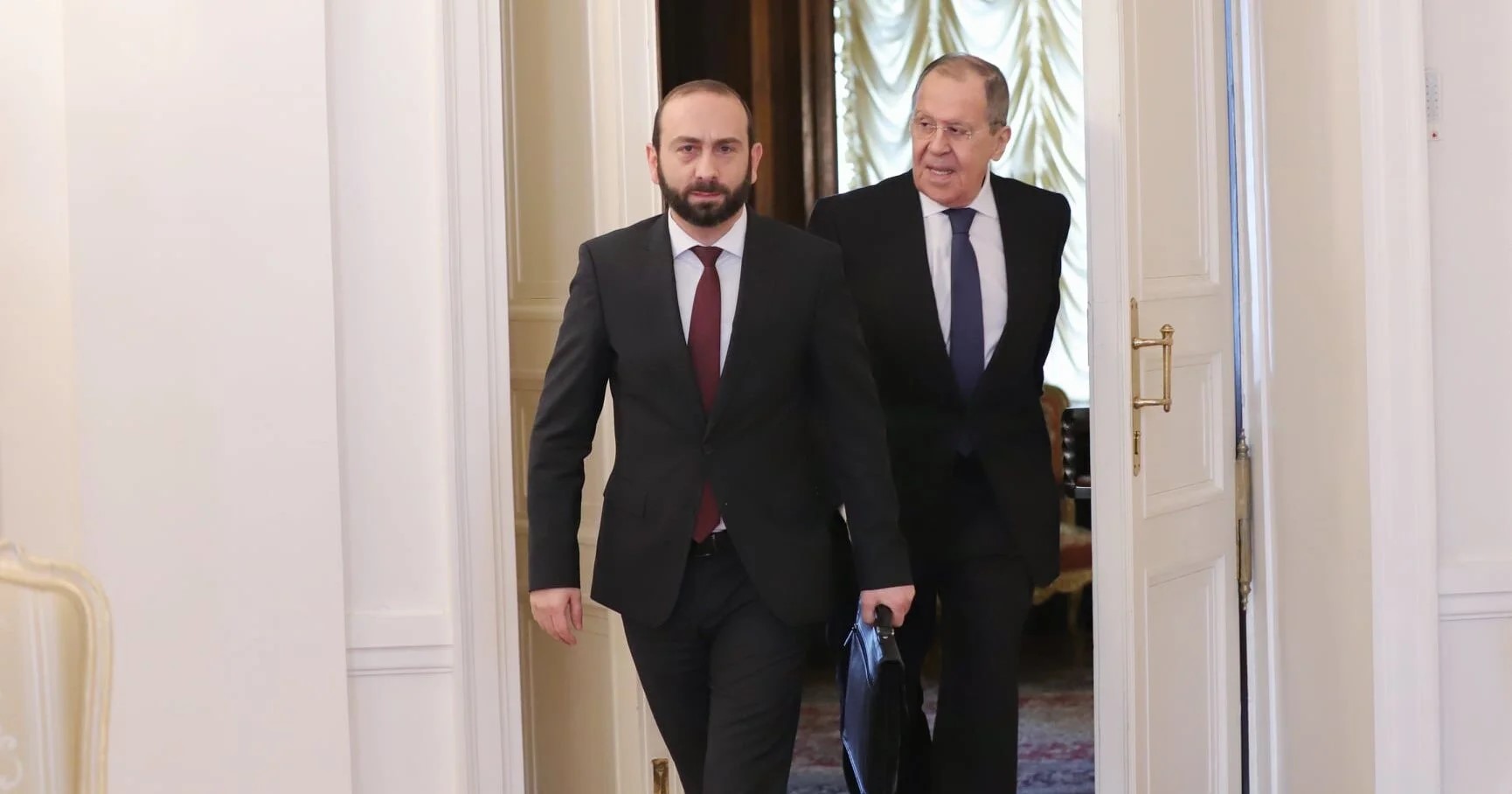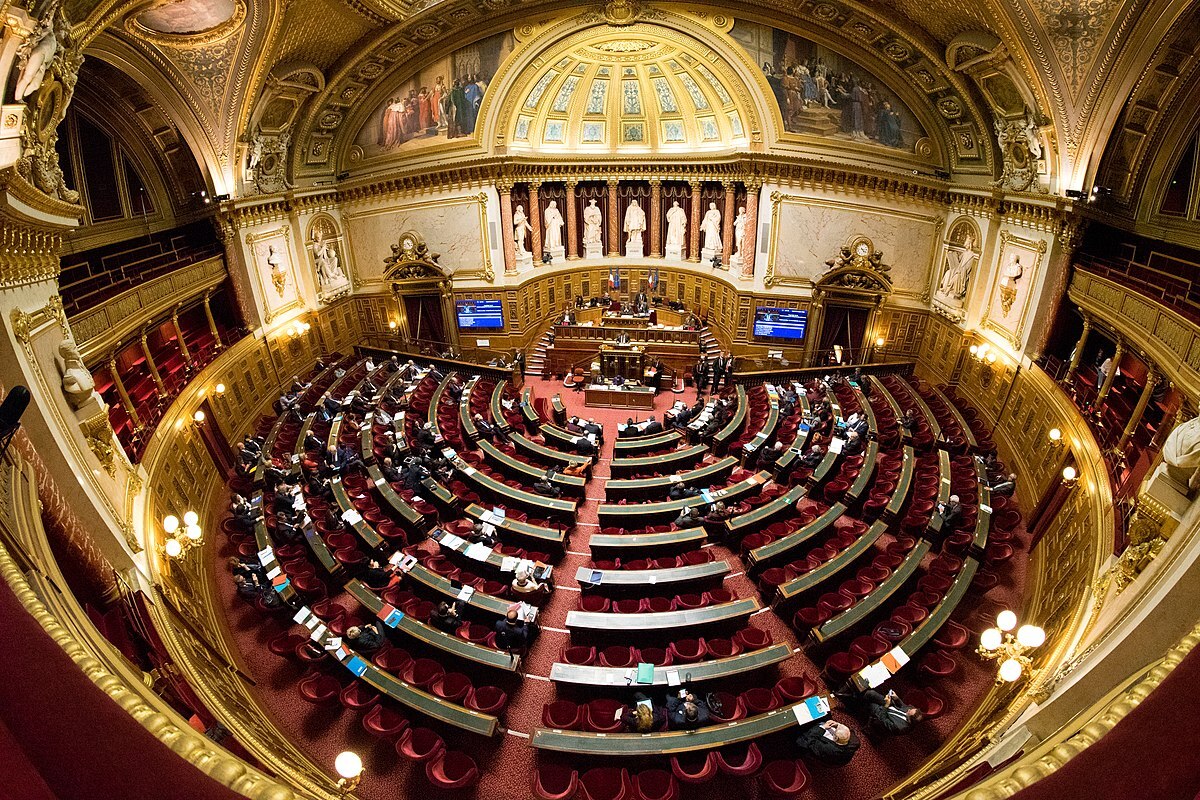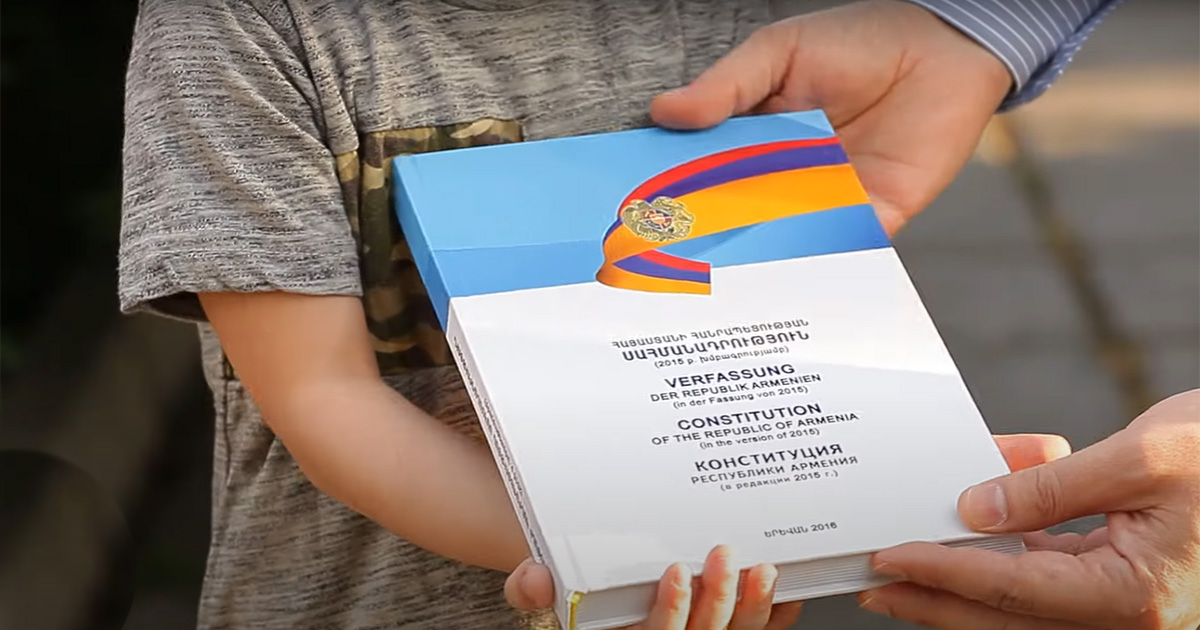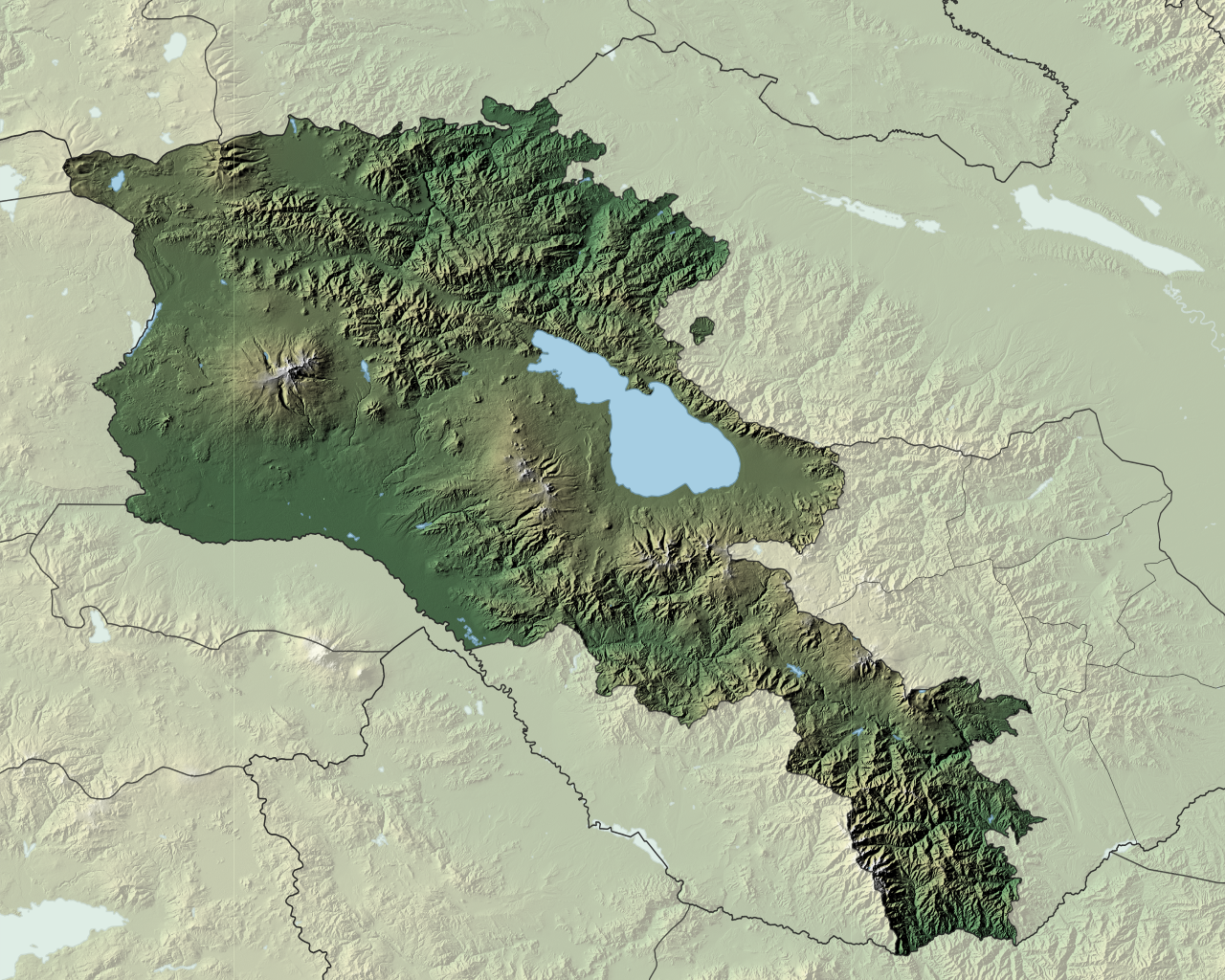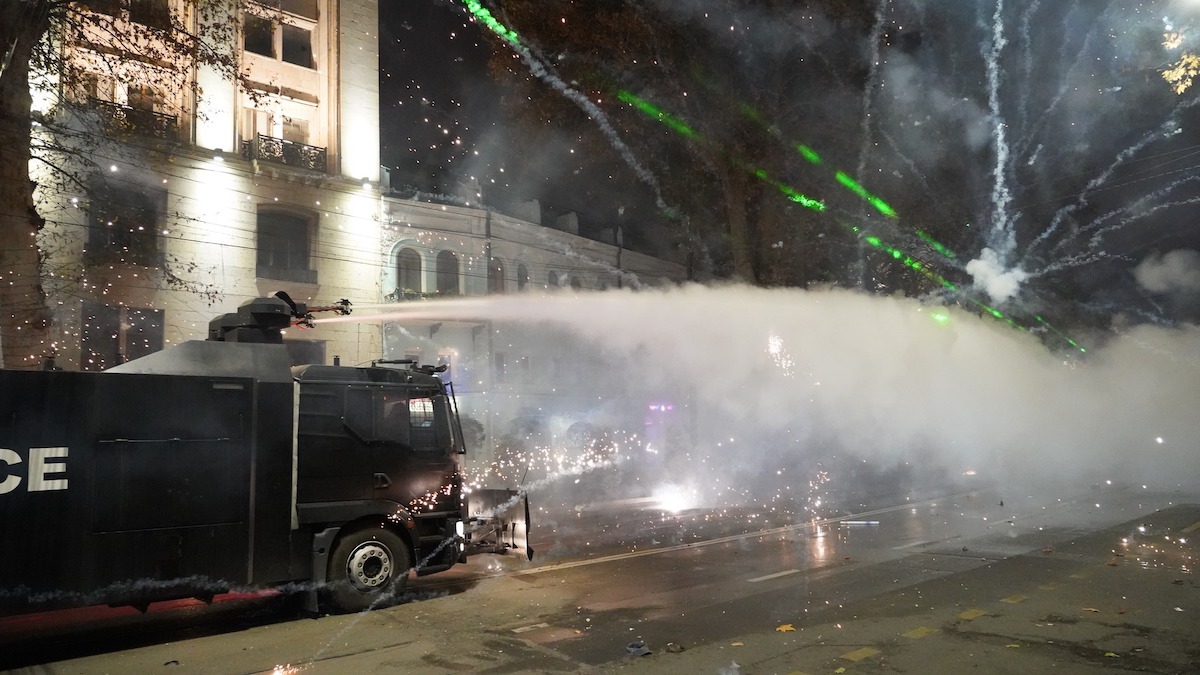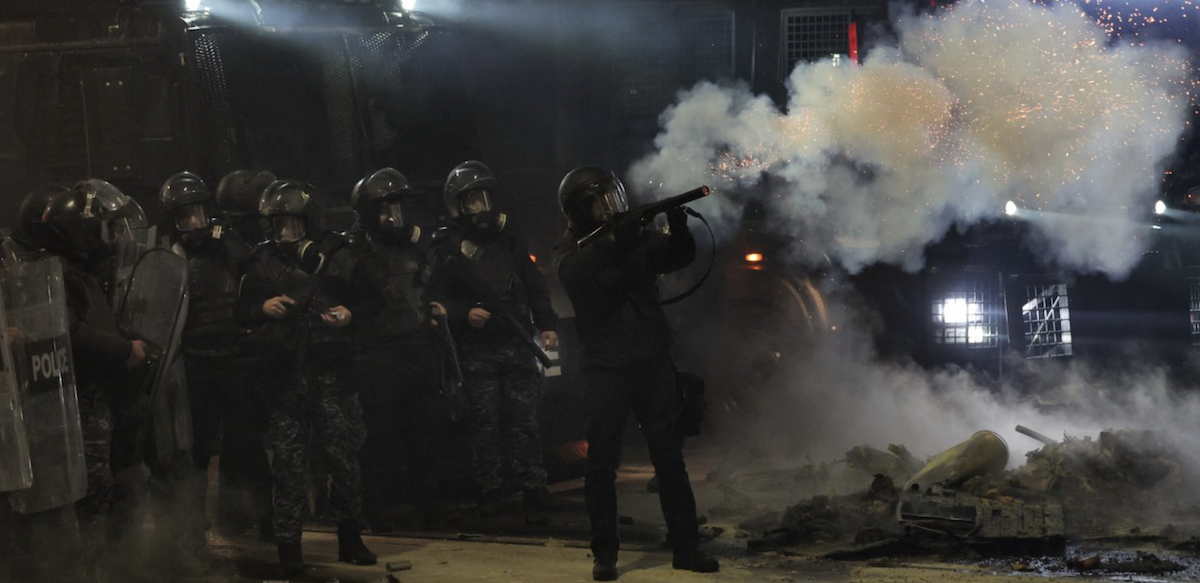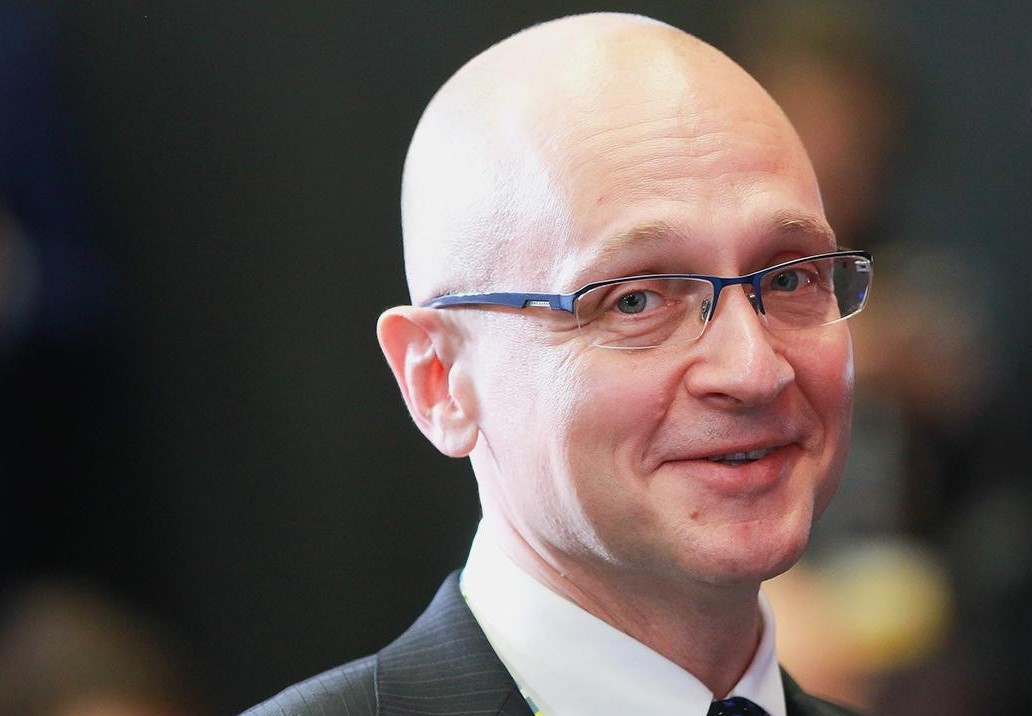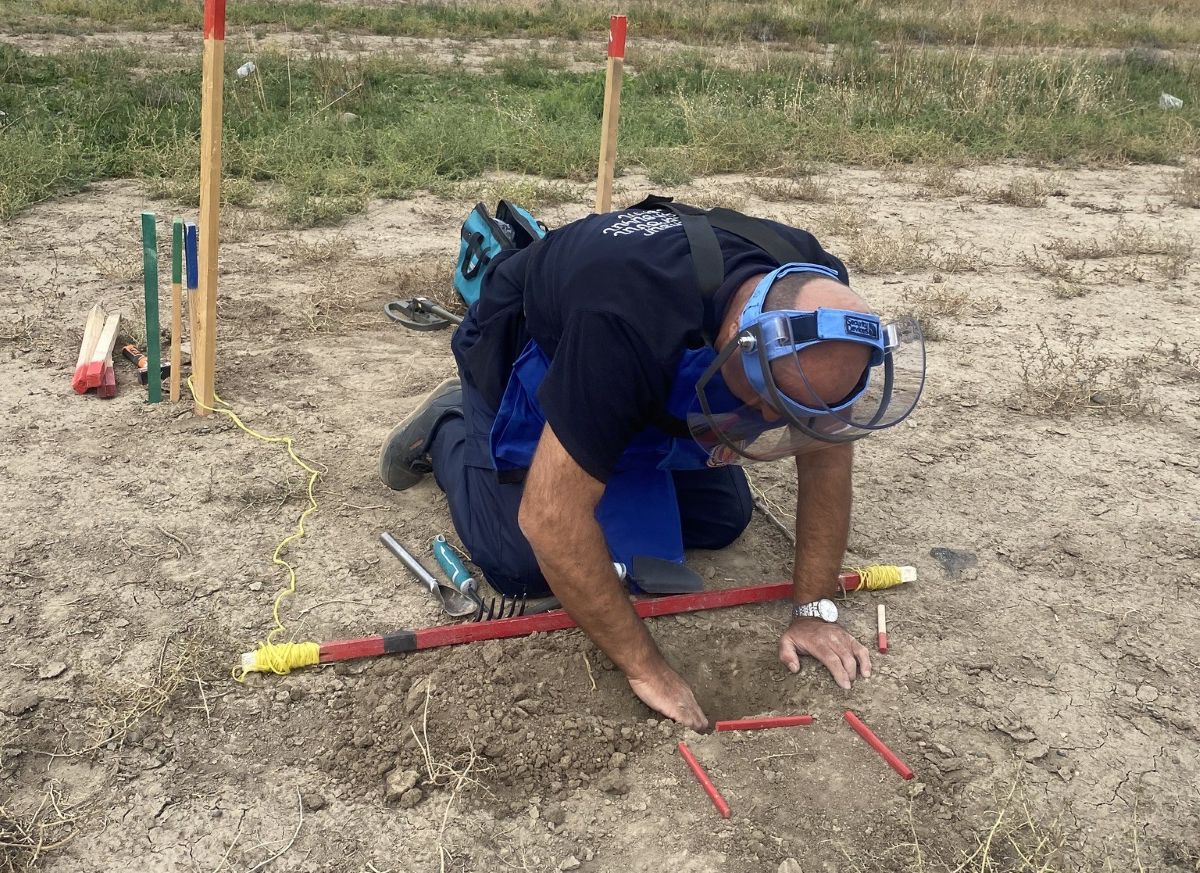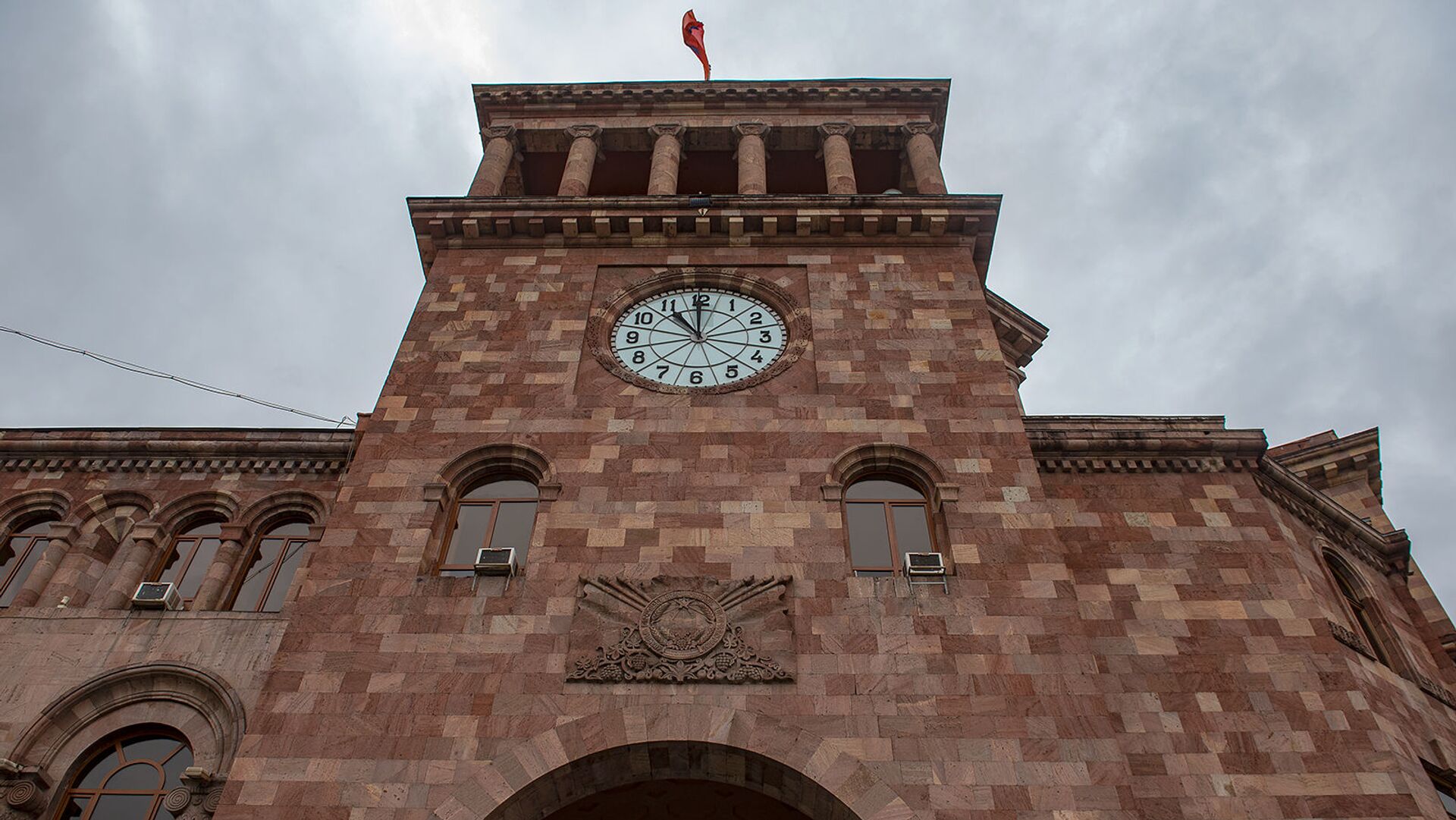“Armenia’s defense cannot be linked 97% to Russia, as before” – Pashinyan
Pashinyan speaks about security
“In the past, Armenia’s defense sector was 95-97% reliant on Russia. However, due to both objective and subjective reasons, this is no longer feasible,” the Prime Minister of Armenia stated.
Nikol Pashinyan underscored the importance of discerning viable military-technical partnerships for Armenia. Currently, efforts are underway to develop a concept for reforming the armed forces, with completion scheduled by year-end. According to the prime minister, this reform must be imbued with a political context, necessitating a clear answer to the question: ‘What purpose should this army serve? Is it to ensure historical justice, or to safeguard Armenia’s internationally recognized sovereign territory?’
During an interview with Public Radio of Armenia, the Prime Minister addressed issues within the defense sector, Armenian-Russian relations, the imperative of adopting a new constitution, as well as the objectives and intentions of Azerbaijan.
More questions than answers
During the interview, Pashinyan frequently posed questions to himself. For instance, he pondered the nature of Armenia’s relations with various countries under the new armed forces reform concept and the type of security partnerships Armenia would establish with Iran, Georgia, and the United States. He highlighted several critical questions:
“Will our security cooperation with Russia undergo changes? In what manner? Will we maintain our membership in the CSTO? What kind of relationship are we cultivating with France?”
While he didn’t provide direct answers, he offered insights into the situation. He noted that the CSTO military alliance not only refuses to shoulder responsibility for Armenia’s security but also advises them to handle their issues independently in critical moments.
Consequently, the prime minister stressed the necessity for Armenia to devise a formula enabling the country to maintain as much independence as possible while ensuring its security.
He announced that the government has drafted an agenda for its actions, advocating for significant changes in the security sphere:
“We urge the people to focus on substance rather than mere rhetoric. We must acknowledge that the standards our army adhered to in 1996 might have been acceptable for that era. However, clinging to those same standards into the 2000s is untenable as they have become hopelessly outdated.”
“It is crucial to establish legitimate objectives”
“In the context of military development, it is crucial to establish legitimate objectives, not only for internal perception but also for international partners,” emphasized the prime minister.
He highlighted the importance of linking legitimacy to the “tools for ensuring the country’s security,” such as the military and diplomacy. Security threats create discrepancies between internal and external perceptions of the country’s security.
Pashinyan defined legitimacy as safeguarding the sovereign territory, territorial integrity, and independence of Armenia, along with ensuring conducive conditions for development. These principles should form the foundation of the strategic security vision. Additionally, he emphasized the importance of Armenia’s messaging to the world regarding the legitimacy of maintaining a robust and combat-ready army:
“We must bolster our military and ensure its readiness to defend our territorial integrity, sovereignty, independence, and land. The territorial integrity of our country equates to the territorial integrity of the Armenian SSR.”
However, the language concerning strengthening the army with the aim of “restoring historical justice” prompts the question of why other nations should endorse this military buildup.
“Azerbaijan faces the task of legitimizing its aggressive ambitions”
As per the prime minister, his interview serves as an explanatory dialogue within the country, emphasizing the need to prevent external interference in such discussions. Such interference, he warns, would impede Armenia’s resilience and ultimately lead to a deadlock. He particularly highlights Azerbaijan’s endeavor to legitimize its potential aggression against Armenia.
“To fulfill their aggressive ambitions, they require us to provide them with justifications to legitimize their actions.”
He suggests that Baku is striving to create an impression that certain forces within Armenia pose a threat to Azerbaijan’s security. This narrative is essential for Baku to legitimize its aggression both domestically and internationally:
“Who claims that the Azerbaijani people desire war? No population desires war. However, if there are aggressive intentions, what is the government’s obligation? It must convince its citizens that failing to carry out this aggression would render them vulnerable to aggression themselves.”
“The decision to change the constitution must be made by the people”
Why did he propose adopting a new Constitution? Pashinyan asked himself and responded:
“The issue lies in the disconnect between citizens and the state. The country’s constitution has never been adopted under conditions where citizens could feel they participated directly in the process.
Where is the moment when we transition from a non-state to a state society? It’s when individuals, of their own volition and without coercion or manipulation, participate in a constitutional referendum, reaching an agreement on the proposed issue. In our society’s perception, people have never had a say on this matter.”
He stressed that in this context, what matters is not just the content of the Constitution, but its “organic connection” with the people.
The government cannot alter the constitution, the prime minister declared; only the people can make that decision. Addressing rumors of potential voting result falsification, Pashinyan reassured:
“This is impossible, as such a course would mean undermining one’s own political identity.”
Is Baku involved in the proposal to adopt a new constitution?
Opposition members directly claim that the notion of a new constitution arose under pressure from Azerbaijan. However, the Prime Minister neither confirmed nor refuted this assertion. Instead, he articulated his stance:
“To avoid any confusion, let me address this question directly. What does Azerbaijan have to do with this matter? This is an internal discourse, but it’s worth noting that your surroundings and the individuals with whom you share amicable or adversarial relations invariably influence your mindset.”
As an illustration, the prime minister cited the national anthem, which references the term “enemy”: “Let [the flag] shine before the enemies.” Pashinyan interpreted this as indicative of a corresponding layer in perception:
“In this regard, regardless of our actions, our enemy is always present. Whether explicitly stated or not, our enemy is ever-present. Simultaneously, 90 percent of the consciousness currently being cultivated in Azerbaijan is preoccupied with us, Armenians, and the Republic of Armenia.”
Perceptions of Armenia’s Declaration of Independence from neighboring countries
According to Pashinyan, the declaration outlines three fundamental provisions: the restoration of historical justice, the fulfillment of the aspirations of all Armenians, and the resolution on the reunification of Nagorno-Karabakh and Armenia. He believes it’s essential to consider this issue not only from the perspectives of Azerbaijan and Turkey but also from that of other countries, such as neighboring Georgia.
“Why don’t we ask ourselves: why does Georgia have deep defense relations with Azerbaijan and Turkey, and not with Armenia? Could this be related to the messages underlying our state’s foundation?”
The Armenian government head is convinced it’s crucial to ponder this and ascertain whether state policy should be guided by the decree “On the reunification of the Armenian SSR and Nagorno-Karabakh”:
“This is a matter of political choice. If so, it means we will never achieve peace. Furthermore, it will likely lead to conflict.”
Nikol Pashinyan firmly believes that Azerbaijan does not wish for Armenia to strengthen and is endeavoring to weaken it. Hence, announcements from Baku claiming, “they are doing all this at our request.” According to the prime minister, this tactic aims to sow opposition within Armenian society to impede positive changes.
Follow us – Twitter | Facebook | Instagram
Pashinyan speaks about security










